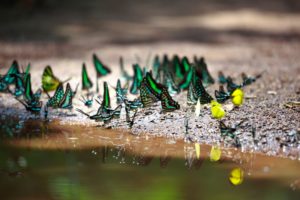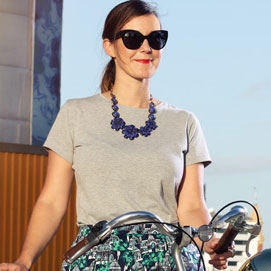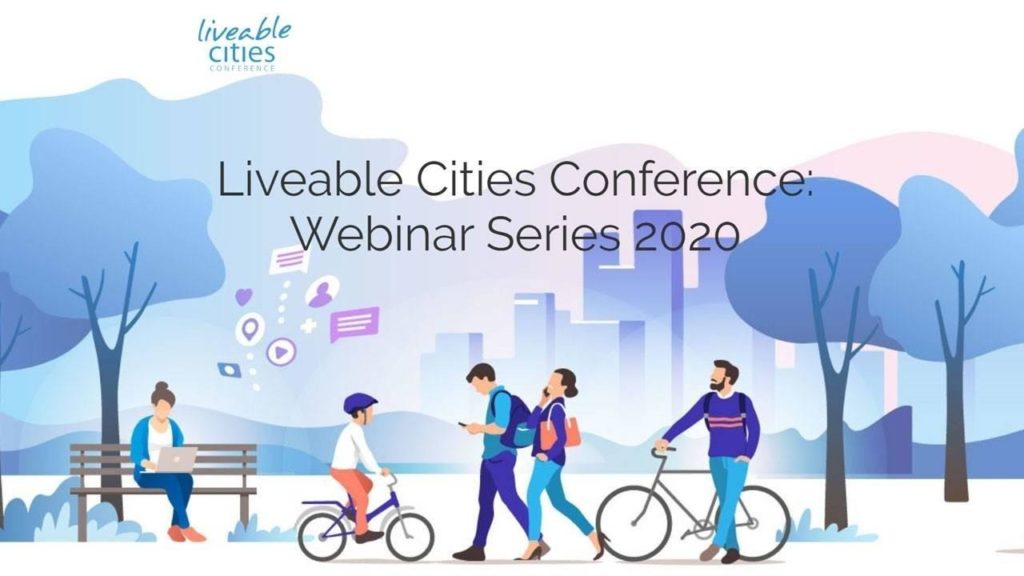
It is every conservationist’s goal to bring nature back to urban areas. Life begins with nature, yet sometimes it needs a little help to keep thriving.
Our current economic crisis is not deterring organisations in continuing vital conservationist work, and many are teaming up together to push forward with finding the best ways to achieve environmental and cultural sustainability.
Webinar 3 of the Liveable Cities Conference: Webinar Series 2020 will take this focus on Tuesday 23rd of June, with three keynote speakers delivering an incredible line-up.

CLICK HERE for the program details and read below for a glimpse of what to expect.
Bringing Nature Back to Urban Areas

Ms Geraldene Dalby-Ball, Director of Kingfisher Urban Ecology and Wetlands
Director of Kingfisher Urban Ecology and Wetlands, Ms Geraldene Dalby-Ball has been doing remarkable work within this field and will be presenting her case studies in webinar 3 of the Liveable Cities Conference: Webinar Series 2020 on Tuesday.
Ms Dalby-Ball’s presentation will show solutions on how to get multiple outcomes from urban waterways and wetlands, through essential consideration. Kingfisher’s goal is to maintain and design urban waterways through the reflection of dreamtime stories and collaboration of the ancient land, its people, and their natural surroundings.
Geraldene is deeply passionate about butterfly conservation and says that even in built up areas, nature can be preserved and helped to be reinstated by using the past to rebuild from. “Projects as simple as Butterfly Birth Places, where through design and planting and engagement, we can bring specific butterflies back, even around high-risk apartment blocks.”
The organisation’s focus is on connecting dream stories with plants and animals, their seasons and cycles, which helps people gain a sense of greater fulfillment, leading them to make better environmental choices that promote a more sustainable way of life.
This presentation is set to be one of honour – of the ancient land, its people and its flora and fauna.
Ways to Make Your Place in Town or City ‘Family’

University of Western Australia’s ARC Chief Investigator of the School of Indigenous Studies, Professor Len Collard
Professor Len Collard, University of Western Australia’s ARC Chief Investigator of the School of Indigenous Studies, will be our second keynote speaker for the final of our Liveable Cities Conference: Webinar Series 2020.
We are very honoured that Professor Collard will share his imperative insight on the land, culture and its people, through his presentation, “Engaging Indigenous Communities in Change.”
Professor Collard says, “from a Noongar cultural perspective, everything relates to everything else – like a big family”. There is however, an issue with the English language translation of the old language, causing a discourse in understanding the true Noongar language.
The Professor says, “the problem here is that moort, katitjin, Boodjar do not translate to English well at all, because English language explains these and other things as being separate to each other. Noongar language explains moort, katitjin, Boodjar as deeply, intrinsically connected – which is integral to a Noongar worldview.”
The Professor’s extensive cultural research is vital to Australia’s history and culture and his presentation is one to not missed, as he transcends us back 50,000 years.
Transitioning Aotearoa’s Streets To Places For People

Urban Mobility Manager of New Zealand Transport Agency, Ms Kathryn King
Organisations such as New Zealand’s Transport Agency are working just as hard to preserve and maximise community culture and sustainability.
Ms Kathryn King, the Urban Mobility Manager of New Zealand Transport Agency will be the final keynote speaker in the Liveable Cities Conference: Webinar Series 2020 next Tuesday. She will present evidence of where transitional design is building safer and more accessible streets, and as a result, it’s creating more trusting and happier communities.
Read more on Kathryn’s work from our previous BLOG and be sure not to miss our third and final webinar in the Liveable Cities Conference: Webinar Series 2020.
You can also register for the full Liveable Cities Conference: Webinar Series 2020 from our Resource Centre to gain access to the final live webinar next Tuesday 26 June, playback access to the first two webinars in the series, and bonus book of abstracts, with 20 pre-recorded presentations and slides from the originally planned 2020 Liveable Cities Conference.

